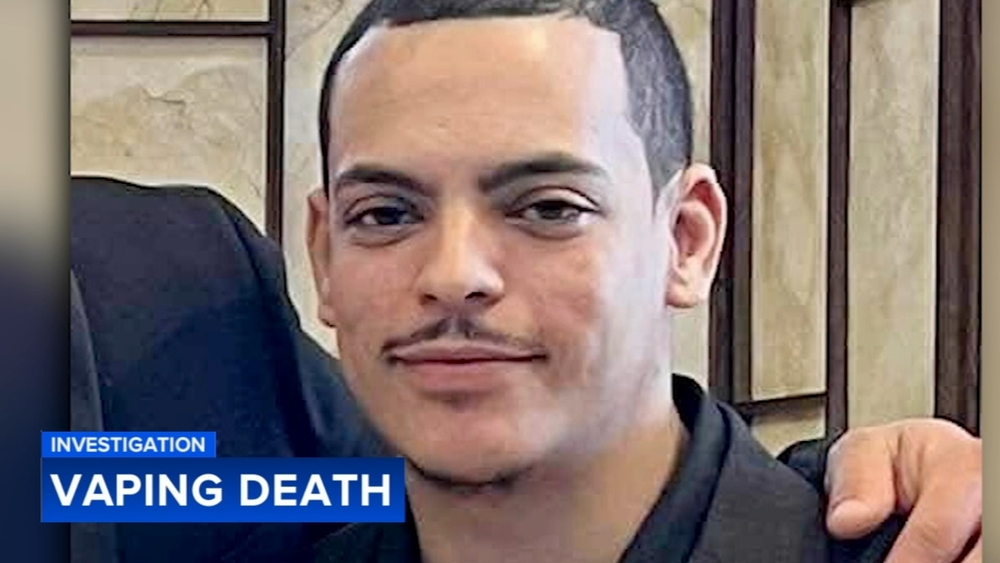Doctor issues warning as whooping cough cases rise in Pa., NJ

LUMBERTON, New Jersey (WPVI) -- During the pandemic, with so many restrictions in place, respiratory illnesses like the flu and whooping cough went way down.
Now cases are back up at pre-pandemic levels.
As kids go back to school, doctors want parents to be aware.
Juliette Osborne, of Lumberton, knows her 10-year-old daughter, Emmani, well. While she has multiple chronic conditions, the symptoms she started having in July were unusual.
"Whooping cough at night, and I'm talking about 4 a.m. to 8 a.m. She stopped eating. She was extremely fatigued," said Osborne.
They ended up in the emergency room and were surprised when the test results came back.

"Two days later, almost close to midnight, I was shocked to receive the news that she had pertussis," said Osborne.
Pertussis is known to many as whooping cough.
Osborne says because Emmani is vaccinated, her symptoms were not severe.
But she's not alone.
The CDC says pertussis cases are returning to pre-pandemic levels as many people aren't taking as many precautions.
"In August of 2024 - this year - we are seeing three times the number of cases of pertussis that we saw in August of 2023," said Dr. Alfred Sacchetti of Virtua Health.
According to CDC data, there have been 1,666 cases reported in Pennsylvania through August 17, 2024. In New Jersey, there have been 128 during the same time period.
Sacchetti says pertussis is very contagious and can be particularly dangerous for babies and young children.
"The kids get into a fit of coughing and they just can't catch their breath. When they finally get past this fit of coughing, their next breath in is this large "whoop" sound, and that's where they get the name from," he said.
Doctors are encouraging kids and adults to get vaccinated.
Adults should have a booster every 10 years.
Also as the school year starts up, Dr. Sacchetti reminds people that things like handwashing and not coughing on other people can go a long way when it comes to not spreading germs.
What are the symptoms?
According to the CDC, it usually takes 5 to 10 days for symptoms to appear after exposure to the bacteria that cause whooping cough. Sometimes symptoms don't develop for as long as 3 weeks.
Whooping cough appears similar to a common cold early on. Early symptoms can last for 1 to 2 weeks and usually include a runny or stuffed-up nose, low-grade fever and mild, occasional cough.
Many babies with whooping cough don't cough at all. Instead, they may have apnea (life-threatening pauses in breathing). The apnea may cause cyanosis (to turn blue) or they may struggle to breathe.
For some babies, whooping cough may seem like a common cold for the entire illness, not just at the beginning.
One to 2 weeks after the first symptoms start, people may develop coughing fits. These coughing fits usually last 1 to 6 weeks but can last for up to 10 weeks.
Babies and children who haven't had all recommended whooping cough vaccines are more likely to get serious complications. Teens and adults can also get complications, like pneumonia
To learn more about pertussis, visit cdc.gov/pertussis/











